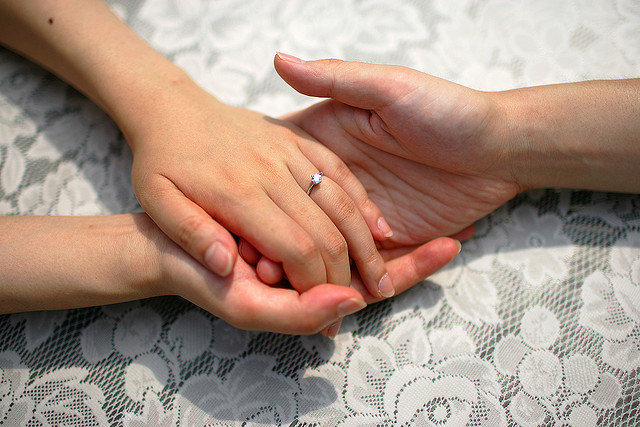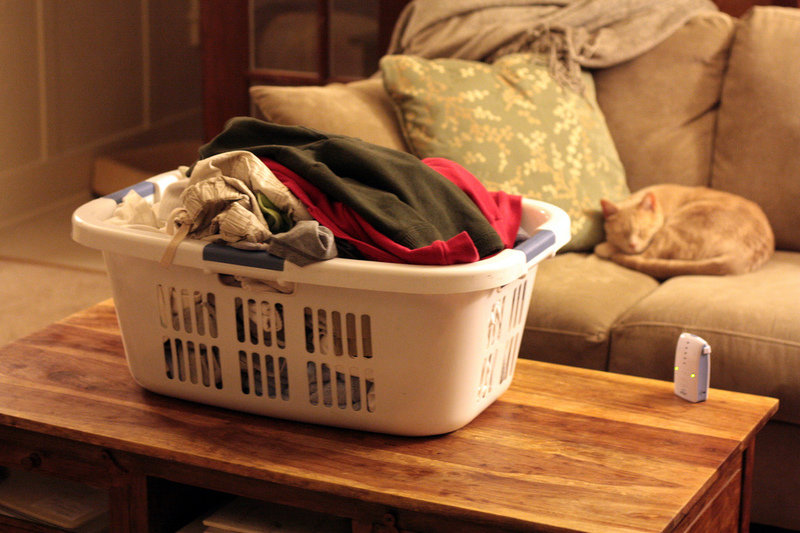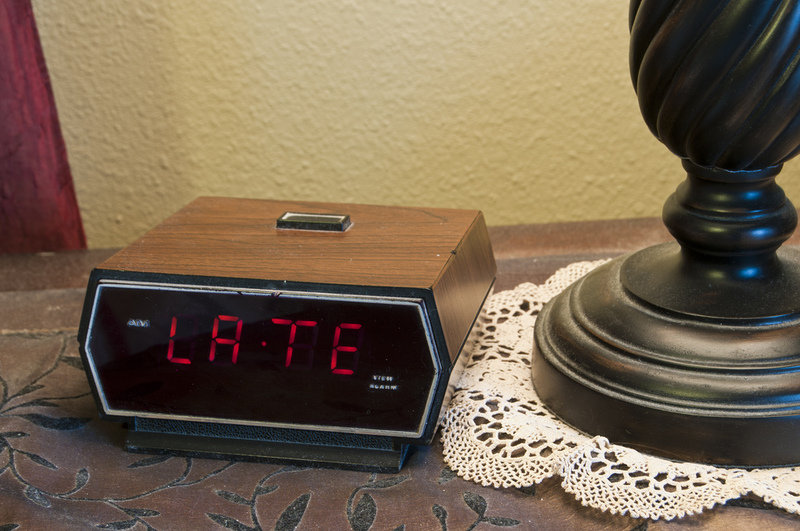I’ve done a lot of reflecting recently on the demise of my marriage — especially since he never hit me, didn’t call me names, and I have no reason to believe another woman was involved. So what the heck was so awful that I called it quits after 11 years and two kids?
The only way I know how to describe it is death by a thousand cuts. There were never any big blowups or breakdowns; just a steady stream of nitpickiness and hostility and lack of respect and non-existent boundaries. Words matter, and left unchecked, they can eventually destroy a marriage.
Here are 10 seemingly insignificant things to say repeatedly if you want to destroy your marriage.
Are you guilty of any of these?
Image via Vic/Flickr
Marriage Is Just Hard

So what’s the point of trying to make it better? Chalking up the tension in your relationship to marriage being “hard” is a bad idea. Conflict resolution can be hard, but marriage itself shouldn’t be.
You Always/Never

This black and white thinking is called splitting, and it’s incredibly damaging to relationships. It just leads to feeling marginalized and categorized, so what’s the point of arguing about it? If you think someone always or never does something, you can’t look back at all the times they didn’t or did do it.
I’m Sorry But

Nope, you’re either sorry or you’re not. The “but” negates the apology.
I’m Sorry I’m Not Good Enough For You

This is another non-apology that’s even worse than the first. This one removes any of the blame from the apologizer and puts it back on the other person for having unrealistic expectations.
We Were Just Raised Differently

Everyone is raised differently — even children within the same family. Stop using your childhood as an excuse for your idiosyncrasies that drive your spouse bonkers. There’s got to be a meeting of the minds at some point.
I See You Didn’t Get To The Laundry (Or Other Mundane Chore) Today

Don’t point out the negative, only praise the positive. And start a load yourself.
Calm Down/You’re Overreacting

Don’t put down each other’s feelings and emotions. If one of you is upset, the other should be concerned, no matter how trivial they think it is.
I Don’t Know When I’ll Be Home

Crap happens and schedules change, but being consistently inconsistent will drive your partner batty.
You Know I Don’t Like It When You

You’re different people and you’re going to do some things differently. The implication here is that if you really cared about the other person, you wouldn’t watch a show they disliked, or wear clothes they disapproved of, or even talked to people they don’t care for.
Sigh

Also eye rolling, head shaking, and eyebrow raising. These nonverbal signs of contempt are brutal when employed on a habitual basis.




